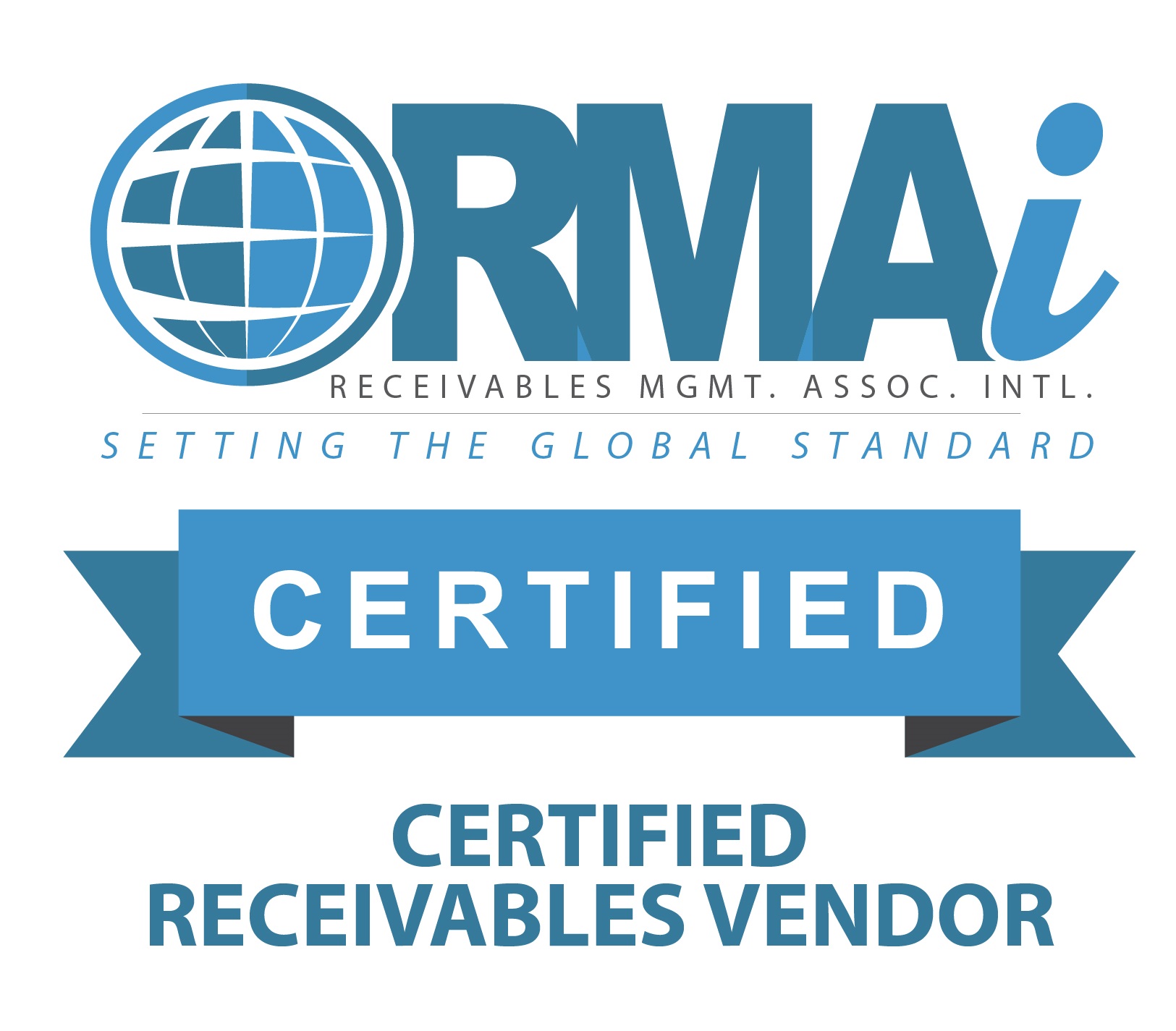View Sale Announcement Detail


Archived news

Bad legislation with good intent is still bad legislation. Especially when the consequences have already proven to be harmful. The continued push to expand the Durbin Amendment from debit cards to credit cards stands as a shining example. The Durbin Amendment operated under the assumption that savings would trickle down, giving consumers a price break. It is meant to ease the burden on merchants paying high fees for accepting credit and debit cards
A number of fallacies continue to be pushed by advocates for expanding Durbin. These could eventually lead to even more harm for consumers.
During a recent Senate hearing, Sen. Dick Durbin (D-Ill.) pushed the idea that Visa and MasterCard dominate the credit card business. Policymakers need to step in with stiffer regulations, according to Forbes contributor Norbert Michel. While the two biggest providers do still command a large share of the market, that dominance is dwindling naturally.
The Visa network, formed by a group of banks in the 1970s, looms large over the market with a 50 percent share (by volume). However, Visa issues less than half the credit cards that are held by American consumers. MasterCard and American Express carry about 20 percent market share each by volume. MasterCard issues about 40 percent of the cards and American Express 15 percent. The up-and-comer in the credit card industry remains Discover. It continues to gain about 2 percent of the market each year,
FinTech companies also are sure to heat up competition in the U.S. credit market. A company such as Venmo charges a lower merchant fee, plus offers the convenience of operating on devices consumers already carry everywhere. As more retailers adopt these electronic solutions, card companies will need to respond to keep retailers' business.
Michel even argues that if large volume retailers (such as convenience stores and supermarkets) feel overburdened by interchange fees, they have the structures in place to create their own card networks and undercut the industry leaders.

Retailers have faced unprecedented pressures over the past few years with the pandemic, rising inflation, supply chain issues, labor shortages, and more. Many retailers have failed. Others have been lifted higher based on strong consumer demand through online shopping, and a return to brick-and-mortar shopping as immunity gained ground.
Credit card fees have been baked into the pricing equation for many years. The growing use of debit cards might have kept some pressure off retailers. They benefited from the lower fees mandated under the Durbin Amendment. But for the most part, the small percentage taken from each purchase can easily be factored into pricing - unless the merchant is operating in a field that is uber-competitive, limiting the ability to adjust prices.
Though some states expressly forbid merchants from adding a service fee for credit or debit card usage, credit card processing companies are getting around the inconvenience by stating it's the processor adding the fee, not the retailer. In this way, the fee is charged directly to the consumer in a transparent means, not as a hidden fee built into the merchant's cost of doing business.
A key assumption behind the Durbin Amendment remains that retailers that save on interchange fees will pass those savings back to consumers through lower prices. This would appear to be a valid assumption as retailers previously factored in the cost of fees into their price structures.
But a study published by the Institute for Law and Economics at the University of Pennsylvania Law School found this assumption did not hold true. The study actually found a double consequence of the Durbin Amendment that adversely affected the most vulnerable consumers.
Researchers Vladimir Mukharlyamov of Georgetown University and Natasha Sarin of the University of Pennsylvania found that the larger banks targeted by the Durbin Amendment were expected to lose about $6.5 billion in interchange fees annually. However, banks largely offset these losses by increasing other consumer fees, such as raising the minimum balances on accounts before fees are charged. Researchers argued these kinds of actions pass along the fees to lower-income customers who are unable to maintain higher balances.
The researchers also noted that because the Durbin Amendment applied only to banks that control more than $10 billion in assets, the savings would not be passed along to merchants in areas served by smaller banks. This includes rural and inner-city areas, which affects a higher percentage of low-income earners.
Researchers tracked how well retailers pass those savings back to consumers through lower prices. Researchers chose to study these results through gasoline prices for several reasons. Gasoline sales account for 15 percent of all debit card purchases. The volatility of gasoline prices reflects multiple factors: prices are reported and easily tracked; prices can be tracked by zip code, meaning they could factor for those served by larger banks vs. smaller banks.
Their analysis found no appreciable difference in the gas prices in the regions where the retailers were likely to save on the interchange fees. Their conclusion was that consumers were seeing little (if any) benefit from the reduction in fees charged to merchants on debit card purchases, seeing higher costs and fees from their banks. This amounted to a net loss for consumers, especially those least able to absorb more costs.
Another study by researchers at the University of Chicago Law School in 2013 reported similar responses from bankers and retailers on the Durbin Amendment and estimated the overall loss to consumers at $22 and $25 billion. Researchers expected those losses to continue to grow as consumers continued to increase the use of debit cards.
Banks looking for other means to offset losses from regulated interchange fees also should explore debt sales as part of their profit and compliance program. Garnet Capital Advisors can explain how debt sales work, and help your financial institution run a compliant and efficient sales process. Speak to one of our experts today to learn more.







